Industry News
-
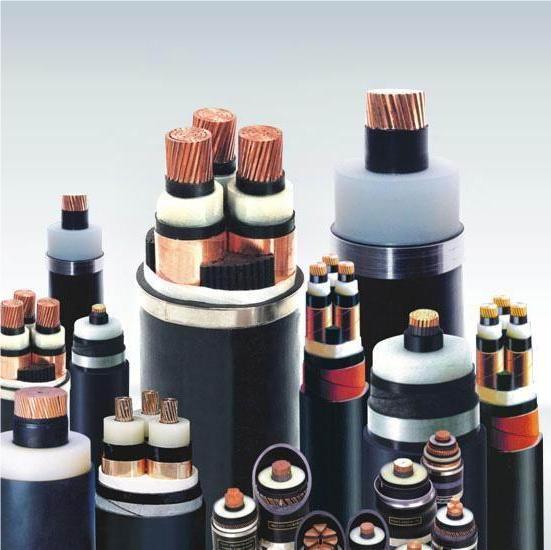
How to choose cable cross-sectional area?
In electrical design and technical transformation, electrical personnel often do not know how to scientifically select the cross-sectional area of cables. Experienced electricians will calculate the current based on the electrical load and select the cross-sectional area of the cable very simply;...Read more -

The difference between YJV cable and YJY cable
Both YJY and YJV are wire and cable products commonly used in engineering and construction, and are used for power transmission lines. However, the models and specifications of the two are different. Is there any difference in the material and price of the sheath? Below, the editor will sh...Read more -
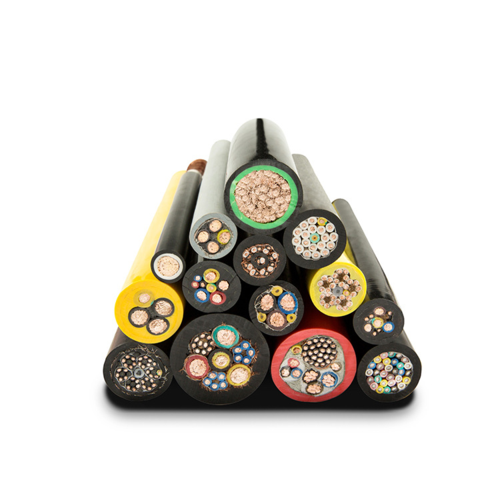
What is specialty cable? What is its development trend?
Specialty cable is a cable used in special environments or specific applications. They often have special designs and materials to meet specific requirements and provide higher performance and reliability. Specialty cables can be used in a variety of industries, including aerospace, military, pet...Read more -

What is difference between XLPE cable and PVC cable?
XLPE cables and PVC cables are two commonly used cable types that are widely used in various industries and applications. Although both types of cables are used to transmit electrical power, they differ in terms of insulation materials, performance characteristics and applications. Insulation Ma...Read more -

Types Of Armoured Cable?
Armoured cables are used in a wide variety of industries and applications that require enhanced protection from physical damage, moisture, and other environmental elements. These cables are designed with an additional layer of metal armor, usually made of steel or aluminum, which provides increas...Read more -
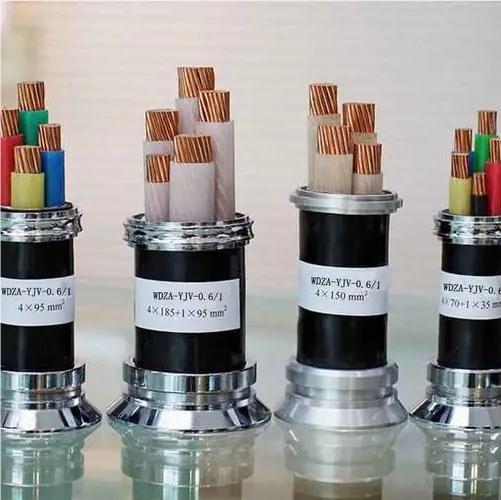
Advantages and application places of power cables
The advantage of power cables is that they can transmit large amounts of power, making it feasible to transport them over long distances. Compared with traditional aerial lines, power cables have the following advantages: Low energy consumption: Since it is laid underground or underwater, it wil...Read more -

Why Is Copper A Good Conductor Of Electricity?
Due to its excellent electrical conductivity, copper is a widely used metal in various electrical applications. It has several physical and chemical properties that make it an ideal conductor of electricity. First, copper has high electrical conductivity. Conductivity refers to the ability of a ...Read more -

Aluminum Wire Vs Copper Wire
Aluminum and copper are two commonly used conductive materials for electrical wiring. Each has its own advantages and disadvantages, and the choice between aluminum and copper wire will depend on various factors such as cost, conductivity, weight and application. One of the main advantages of al...Read more -
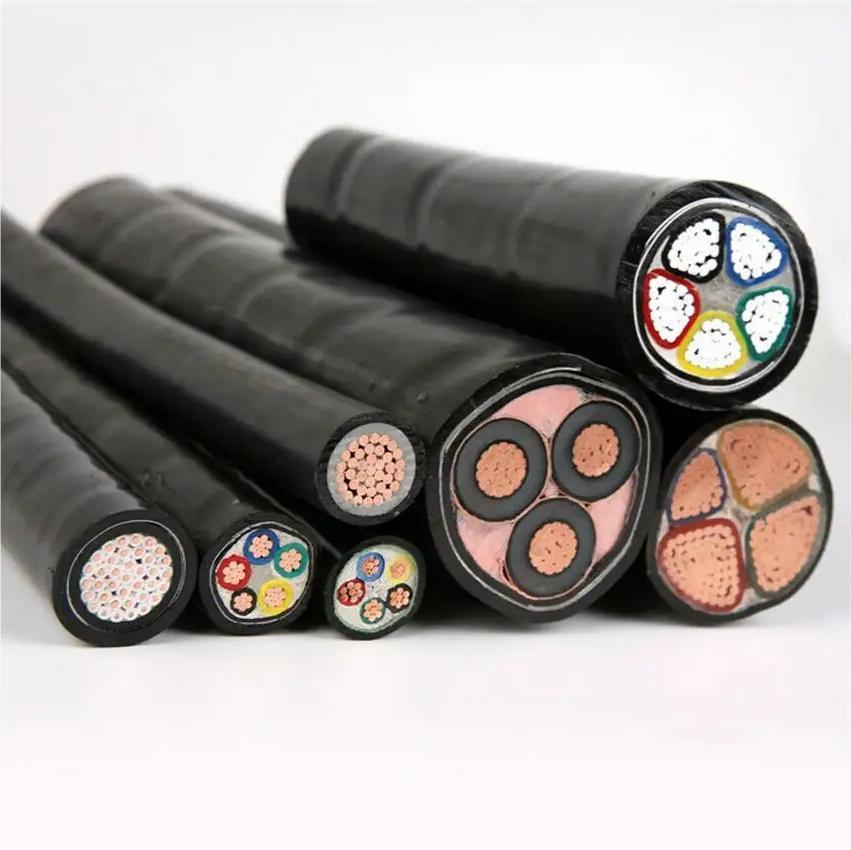
When to use armoured cables?
Armored cables are designed to provide an extra layer of protection to wires. They are used in a variety of applications where cables are exposed to harsh environmental conditions or potential physical damage. Here we will discuss the different scenarios where armored cables are commonly used. &...Read more -

What is solar cable?
Solar cables, also known as photovoltaic (PV) cables, are cables specially designed for use in photovoltaic power generation systems. It is primarily used to connect solar panels or arrays to other system components such as inverters, batteries, and charge controllers. The role of the solar cable...Read more -
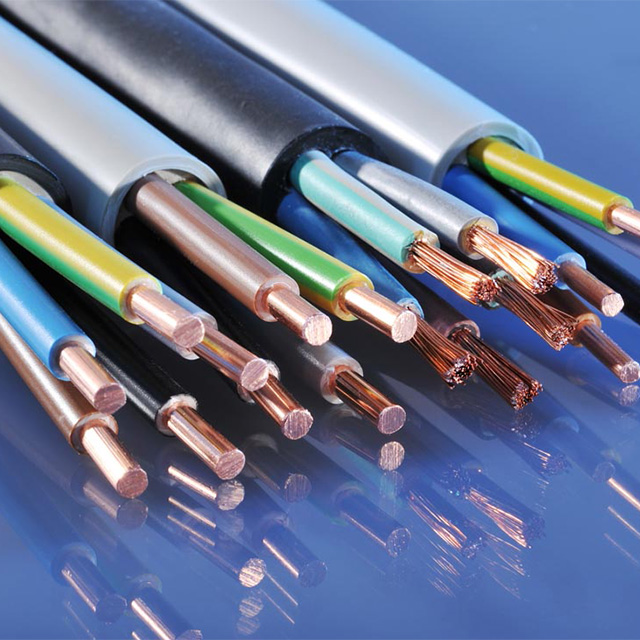
How many types of wire and cable conductors are there?
According to IEC60228, the cable conductors are divided into four types, the first type, the second type, the fifth type, and the sixth type. The first type is a solid conductor, the second type is a stranded conductor, the first and second types are intended to be used for fixed laying cables, t...Read more -

How to choose the charging pile cable?
Charging piles are very common energy supply equipment nowadays, but there are still many people who don’t know how many square meters of wires are needed to install charging piles. The thickness of the wiring harness of the charging pile cannot be uniformly discussed. It is mainly determin...Read more
















